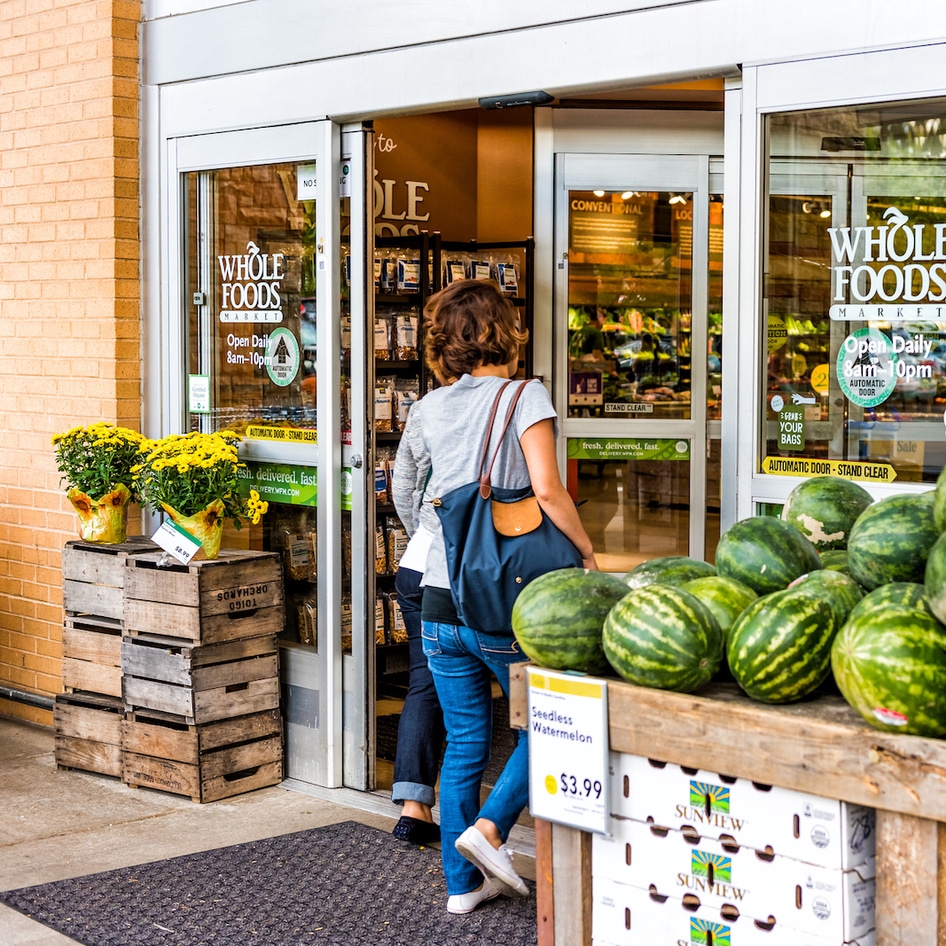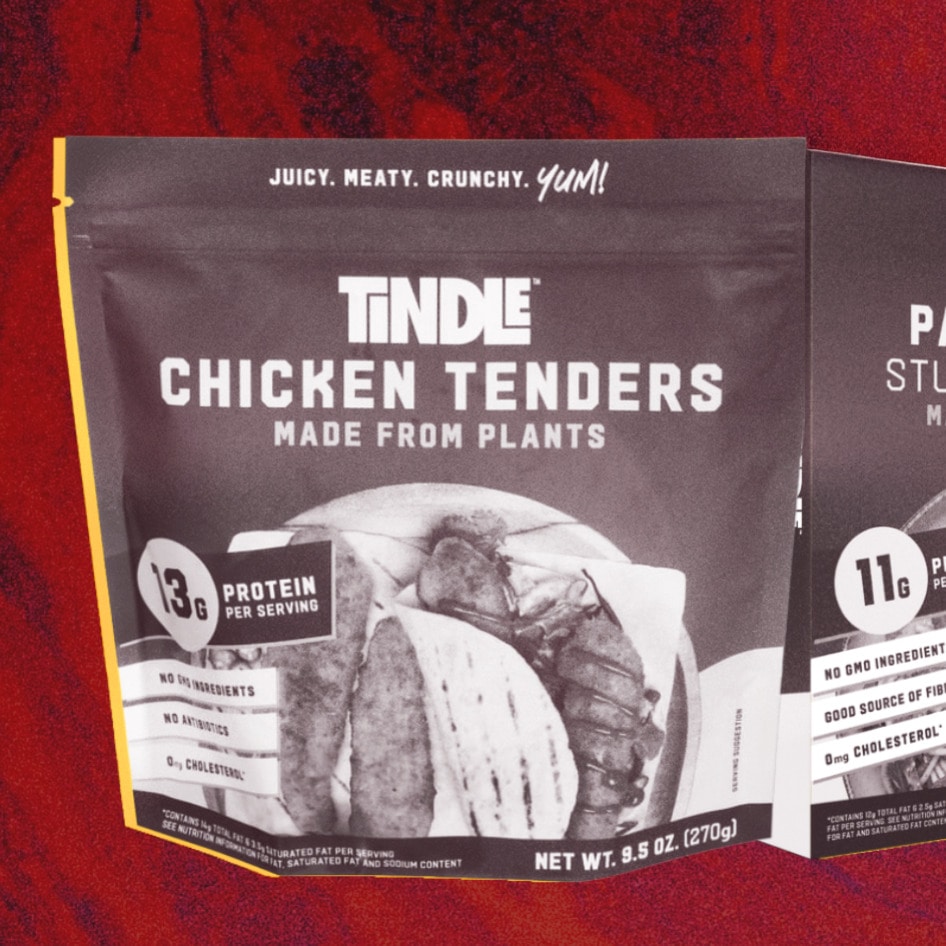This week, the plant-based Impossible Burger will begin hitting shelves at an additional 777 grocery stores—representing a 500-percent expansion of Impossible Foods’ retail footprint. The Impossible Burger debuted in the retail sector in September at Gelson’s Markets in Southern California, shortly followed by all 100 Wegmans grocery stores on the East Coast and select Fairway Markets in New York City. With the new expansion, the Impossible Burger (sold in 12-ounce packages priced between $8.99 and $9.99) will be available in approximately 1,000 grocery stores, specifically:
- All Albertsons, Vons, Pavilions and Gelson’s Markets in Southern California
- All Safeway stores in Northern California and Nevada
- All Jewel-Osco stores in the greater Chicago area, and portions of eastern Iowa and northwest Indiana
- All Wegmans stores along the Eastern seaboard
- All Fairway Markets in the New York City region
“We’ve always planned on a dramatic surge in retail for 2020—but with more and more Americans eating at home under ‘shelter-in-place’ orders, we’ve received requests from retailers and consumers alike,” Impossible Foods’ President Dennis Woodside said. “Our existing retail partners have achieved record sales of Impossible Burger in recent weeks, and we are moving as quickly as possible to expand with retailers nationwide.”
Amid the ongoing coronavirus pandemic, the Food and Drug Administration (FDA) recently relaxed a rule that now allows restaurants nationwide to sell their Impossible Burger stocks—available in 5 lb bricks, 1/4 lb patties, or 1/3 lb patties—directly to consumers.
During a virtual press conference, Impossible Foods CEO Pat Brown spoke about the company’s mission to create affordable and accessible plant-based alternatives to all food animals by 2035, a mission made more pressing by the COVID-19 outbreak—which is thought to have originated from a wet animal market in Wuhan, China. “Our reliance on animals as a source of food is not only an environmental disaster, not only posing risks to individual consumers, but is actually at the root of some of the largest, if not the largest, public health risks to the human population,” Brown said. “Wake up, people.”
JUMP TO ... Latest News | Recipes | Guides | Health | Subscribe







